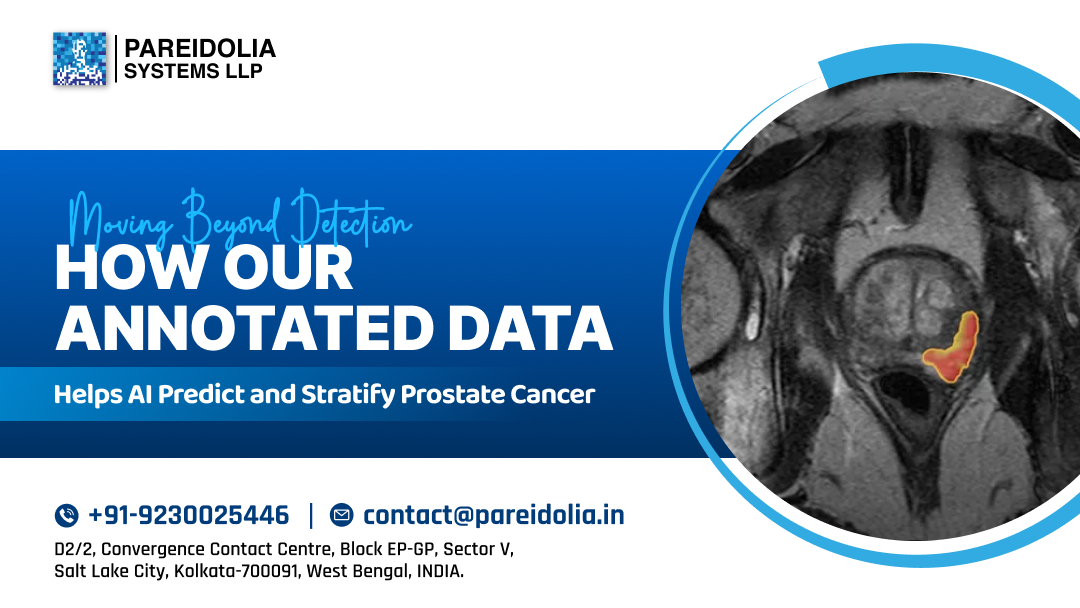

04/11/2025

pareidolia
Approximately 1.5 million men were diagnosed with prostate cancer globally. Prostate cancer is the fourth most commonly diagnosed cancer overall and the second most common cancer among men worldwide. It accounts for about 7.3% of all new cancer cases worldwide. In the US, about 13 out of every 100 men will develop prostate cancer at some point in their lives. Despite a high survival rate for early-stage disease, prostate cancer still causes a significant number of deaths; roughly 35,770 men in the United States die from the disease each year.
The risk significantly increases as men get older, with about 60% of cases occurring in men over the age of 65. Prostate cancer is a very common disease among men, and while early detection and treatment often lead to excellent long-term outcomes, it remains a major public health concern and a leading cause of cancer death for men globally.
Artificial Intelligence (AI) has become a transformative force in medical research and diagnostics,especially in the field of prostate cancer. Today, the conversation around AI in prostate cancer has shifted beyond detection. It’s about prediction, risk stratification, and precision treatment planning.
At Pareidolia Systems LLP, we empower leading AI companies and healthcare innovators by providing high-quality annotated datasets that fuel breakthrough algorithms capable of understanding, classifying, and predicting prostate cancer outcomes.
Our motto — Pixel Perfect Annotation — the foundation of every robust AI model
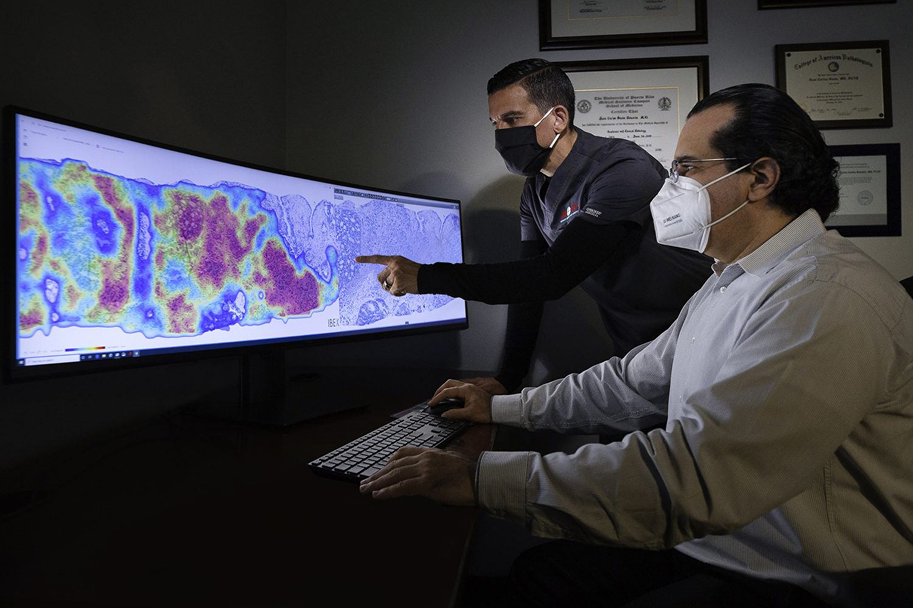
Why Annotated Data is the Backbone of AI in Prostate Cancer
Developing an accurate AI model for prostate cancer begins with one essential element — precisely annotated medical data.
Complex MRI images contain vast information, but without expert labeling and segmentation, even the most advanced algorithms cannot learn effectively. Pareidolia Systems LLP, our annotation specialists combine medical expertise and advanced tools to deliver pixel-level accuracy in marking cancerous and non-cancerous regions. These annotations enable AI models to:
- Detecting subtle patterns in prostate imaging data.
- Differentiate between benign and malignant tissues.
- Assess tumor aggressiveness and risk levels.
- Support data-driven clinical decisions.
This level of precision transforms static data into actionable insights, empowering AI systems to learn, predict, and evolve.
From Detection to Prediction: The Next Phase of AI in Prostate Cancer
The role of AI in prostate cancer is evolving rapidly. Early algorithms focused primarily on identifying visible lesions or abnormalities. Now, predictive AI models — powered by expertly annotated and segmented datasets — can analyze thousands of variables simultaneously to:
- Forecast disease progression based on imaging data.
- Helping clinicians personalize treatment strategies.
- Identify potential recurrence or metastasis patterns before clinical symptoms appear.
This predictive capability doesn’t just enhance accuracy — it saves lives.
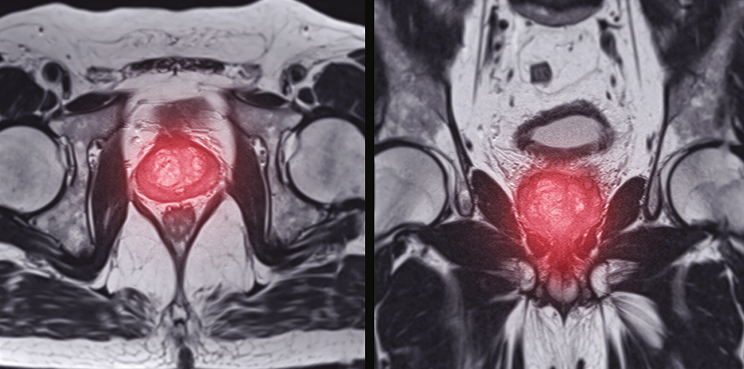 By providing AI systems with structured, multi-dimensional data, Pareidolia Systems LLP helps researchers and developers move from early detection toward precision forecasting.
By providing AI systems with structured, multi-dimensional data, Pareidolia Systems LLP helps researchers and developers move from early detection toward precision forecasting.
Segmentation and 3D Modeling: A New Dimension to Cancer Analysis
Traditional 2D medical imaging has its limits. With precise segmentation and 3D modeling, prostate cancer visualization becomes far more comprehensive. At Pareidolia, our advanced segmentation techniques allow for precise mapping of tumor boundaries, while our 3D modeling process converts these segmentations into realistic anatomical structures.
These 3D models assist AI algorithms and clinicians alike in:
- Understanding tumor morphology and spread.
- Comparing pre-treatment and post-treatment changes.
- Developing simulation-based diagnostic and treatment tools.
Through this integration of annotation, segmentation, and modeling, we help bridge the gap between raw imaging data and meaningful medical intelligence.
The Impact: Smarter AI, Better Outcomes
When trained on high-quality annotated and segmented data, AI systems achieve superior accuracy, sensitivity, and clinical reliability.
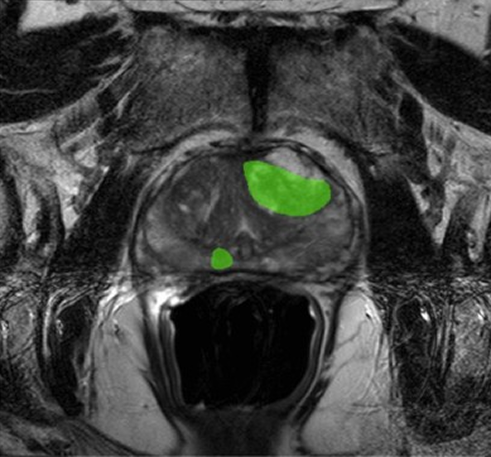 In prostate cancer applications, this translates into:
In prostate cancer applications, this translates into:
- Early detection of aggressive tumors.
- Reduced false positives and negatives.
- Enhanced diagnostic confidence for clinicians.
- More personalized and effective patient care.
- Reduced diagnosis time.
By supporting the AI ecosystem with premium-quality datasets, Pareidolia is helping shape a future where technology and human expertise work hand-in-hand to advance oncology research and improve lives.
Empowering Healthcare AI — One Dataset at a Time
The journey toward predictive and personalized cancer care depends on the synergy between AI innovation and data integrity.
Pareidolia Systems LLP is redefining data for AI. We’re the dynamic intersection of high-quality annotation, 3D modeling, and domain expertise, giving developers the power to move definitively beyond detection. The Data for their Discovery. The Precision for their Prediction.
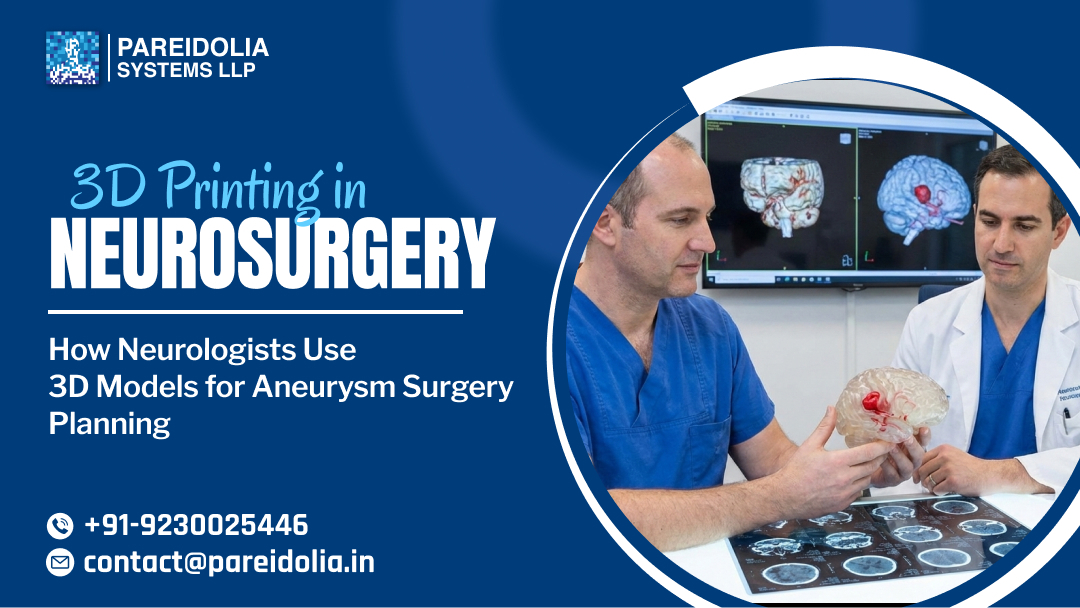

19/12/2025

pareidolia
3D Printing in Neurosurgery: How Neurologists Use 3D Models for Aneurysm Surgery Planning
As artificial intelligence continues to reshape the healthcare ecosystem, one area seeing rapid advancement is…
Read More

06/12/2025

pareidolia
Top 10 Usages of Medical Image Segmentation Tools in Healthcare AI
AI imaging is reshaping modern healthcare, enabling accurate diagnosis, treatment planning, and clinical decision support.…
Read More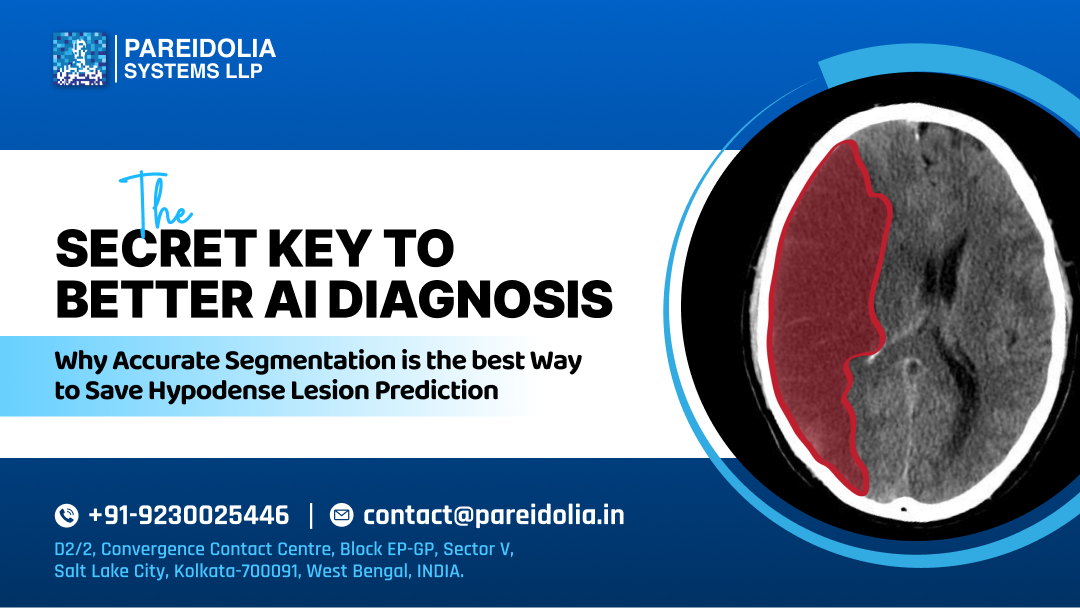

01/12/2025

pareidolia
The Secret Key to Better AI Diagnosis: Why Accurate Segmentation is the best Way to Save Hypodense Lesion Prediction
In today’s medical imaging world, accuracy alone is no longer enough. Healthcare teams need to…
Read More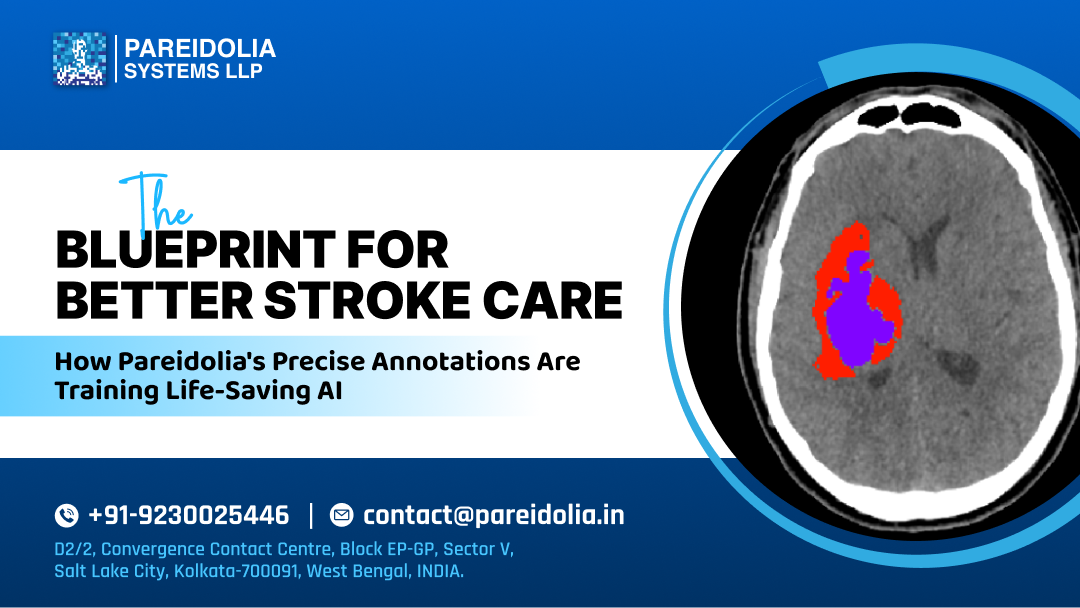

18/11/2025

pareidolia
The Blueprint for Better Stroke Care:How Pareidolia’s Precise Annotations Are Training Life-Saving AI
In 2025, stroke is the second leading cause of death globally, causing 3.6 million deaths.…
Read More

04/11/2025

pareidolia
Moving Beyond Detection: How Our Annotated Data Helps AI Predict and Stratify Prostate Cancer
Approximately 1.5 million men were diagnosed with prostate cancer globally. Prostate cancer is the fourth…
Read More